
Dr. Patrick Horvath, Secretary General of the Foundation for Scientific Economic Policy (WIWIPOL) (Austria). (Photo: WIWIPOL)
WAJ: Dr. Patrick Horvath, how do you assess President Donald Trump’s latest decision to impose import tariff on goods from a wide range of countries around the world? In your opinion, how will this decision affect global trade relations?
Dr. Patrick Horvath: The import tariff imposed by the Trump administration stem from an outdated and flawed perception of economy. Import tariff seem to be the US government‘s method of choice to ensure company profit and job security in the USA through elimination of competition with international companies. The problem is that unilateral tariff will naturally provoke counter-measures of other countries that damage US economy in return. Additionally, today’s industrial production is so diversified and interconnected on a global level that this policy will cause severe disturbances for US companies as well.
If protectionism removes foreign companies from the US market, it will in the long run reduce innovation of US products, given that competition is the main incentive for innovation. In the end, American customers will have to pay more for products of lower quality. Instead of increasing tariff, the USA should concentrate on the production of better products that can successfully compete with imports. Trump’s tariff policy is a dead end that causes damage for everyone and leads nowhere.
WAJ: What has been the response of the Austrian government and other European countries to this new tariff policy?
Dr. Patrick Horvath: Tariff policy is sole legal competence of the European Union. This means, among EU member states there can only be a common European, not a national response. This provision is extremely important so EU member states cannot and will not be played off against each other. It shows why the European Union, despite all latest criticism, is so important for its member countries and will stay a truly irreplacable institution for European economic policy in the future.
Austrian trade minister Hattmannsdorfer rightfully puts emphasis on European cooperation and trusts in Europe’s enormous economic potential. The European Union action plan includes targeting product groups that are significant for the identity of typical Trump voters, like Harley Davidson motorcycles or Bourbon whiskey. The USA are a leading provider in digital services and European restrictions or taxes here might prove to be an extremely effective counter-measure as well.
WAJ: Vietnam is considered one of the first countries to respond, notably through the phone call between General Secretary To Lam and President Donald Trump on April 4. In your view, what factors could influence the resolution of trade tensions between the two countries?
Dr. Patrick Horvath: In its long history Vietnam has already faced severe challenges and has been the victim of great powers´ ambitions multiple times. Vietnamese leaders and people have always overcome these problems because of their unique and admirable national character. This character combines a strong unbroken will of resistance with creative flexibility, meaning an unparalleled ability to adapt to new situations and creative dialogue initiatives even in the most problematic situations. I am determined that Vietnam will overcome the challenge posed by current US tariff policy as well.
General Secretary To Lam’s suggestions forwarded in a phone call with President Trump are a wise attempt of de-escalation and preparation of a future agreement with the USA that eliminates economic risk and turmoil for both sides. I wish for more such initiatives and hope fo its long-lasting success.
WAJ: Amid ongoing regional military conflicts, do you believe the United States’ imposition of high import tariff could alter global trade strategies and trigger the outbreak of a large-scale trade war?
Dr. Patrick Horvath: No country in the world can leave a sudden unilateral tariff rise of 20% (like against EU) unanswered, the same applies for Canada, China, all others. Any reaction that includes counter-measures can contribute to further escalation. If national leaders on all sides stay ignorant for the problem and at the same time unfortunate communication occurs, there might be a cascade of follow-up events and the situation might get out of hand. The outbreak of a large-scale trade war is in my opinion a very unfortunate and destructive, but possible scenario.
If this scenario occurs, there will be no winner, but only losers on all sides of the table. A global trade war would be a terrible blow to international trade and can deepen recession even further, leading to the destruction of wealth, the spread of poverty, unemployment and misery. The prevention of a possible trade war must therefore become the top-priority on the agenda of all national leaders and international organisations!
WAJ: In your opinion, how should national leaders respond and act to prevent an escalation into a global trade war?
Dr. Patrick Horvath: As an anwer to the new US tariff policy, I suggest a strategy resting on four strategic guidelines:
1. „Formulate possible counter-measures on a graduated scale of intensity“ – The rhetorics of Donald Trump leaves the impression that he admires the strong and despises the weak. Just submissively giving in to his demands will further reduce his respect and make him demand more. Other nations must stand their ground and develop plans for possible counter-measures, especially in fields where they can hurt the US economy most. I do not advocate to actually make use of such counter-measures but the mere existence of a possible plan could improve negotiation positions.
2. „Avoid escalation and actively promote dialogue with US leaders“ – Given the harmful outcome of trade war escalation there must be new efforts for dialogue, which should never be abandoned. The US government currently walks a dangerous path, but USA and Europe share a common culture with a long history. Everyone deserves a chance to reconsider and modify his or her actions for the better at any chosen time. For the sake of normalisation, commercial diplomats must think of alternatives and compromise suggestions that can help the US government claim symbolic victories and keep face while abandoning absurdely unreasonable demands and actions.
3. „Communicate with the American public and voters“ – On the so-called „liberation day“ when Donald Trump announced the new tariff, US stock exchange rates crashed down. There is also a boost of inflation to be expected and American customers will have to pay significantly more for their preferred product. This cannot be in the interest of a majority of American people. Public diplomacy can help to make these interconnection transparent and American voters might rethink their choice for the upcoming „midterm elections“.
4. „Create economic alliances that could be an alternative to the USA“ – The USA started a conflict with nearly all other countries of the world at the same time. It is obvious that even the USA cannot win in such an endeavour. Every state whose economic interests are damaged through US policy is a potential ally and possible closer trade partner. If the US market closes, Europe has to find alternative sales markets for its products. Canada or Latin America want to deepen their trade relations with Europe, why not make use this opportunity? In my opinion the European Union should especially open up for more strategic partnerships and increased trade relations with Asia, the continent with the greatest current economic potential. Europeans and Asians should strive to become partners, allies, friends. Together we can overcome this dire and threatening situation. I am determined, that every crisis can open up new chances for cooperation!
WAJ: Thank you so much!
PROMOTED
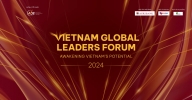
Paris, France – The esteemed Vietnam Global Leaders Forum 2024 (VGLF 2024) is set to ignite the City of Lights on the 30th and 31st of March at the prestigious Maison de l'Amérique Latine. This year's theme, "Vietnam Thriving in Change," promises to be a beacon for thought leaders and changemakers from across the globe.
Dr. Yen Platz- Young translator conquers the ancient Greek classic Anabasis – Memoir of the Persian Expedition
- Austria news - Usama Nosshy channel covers Asean's 55th anniversary celebrations at the United Nations in Vienna
- VietnamPlus Newspaper reported about ASEAN's 55th anniversary at the United Nations in Vienna
MOST VIEWED
-
1
Secretary-General António Guterres: Remarks at Joint Press Conference with the President of Austria, H.E. Alexander Van der Bellen
.jpg)
-
2
Ambassador Solbakken's First Message

-
3
ICI International's meeting on the occasion of the 50th anniversary of diplomatic relations between Austria and Vietnam(1972-2022)

-
4
TALKSHOW HUNG KING’S 63: THE MOSAICS OF THE KING XIV

-
5
Iranians Demonstrate Against the Regime

The two Kings Philippe and Van der Bellen havedifferent backgrounds, one is of royal origin, and the other is a child of a refugee family (once of noble origin) but now, in the eyes of the European public, both of them are giving off a sense of courtesy, virtue and erudition.
WAJWith the attendance of many international figures, the 80th anniversary of the end of World War II was celebrated at the United Nations headquarters.
Journalist Usama Soliman



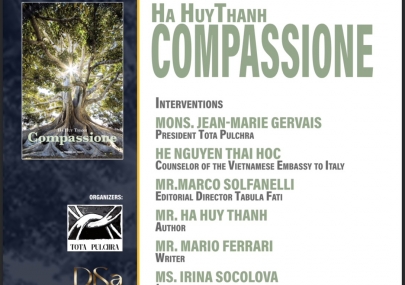
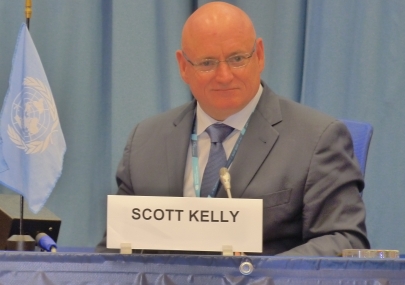
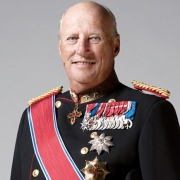
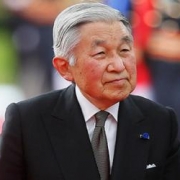

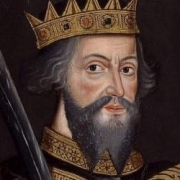


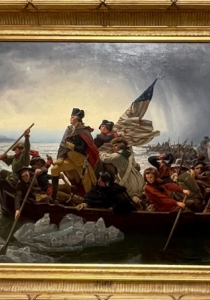


Comment